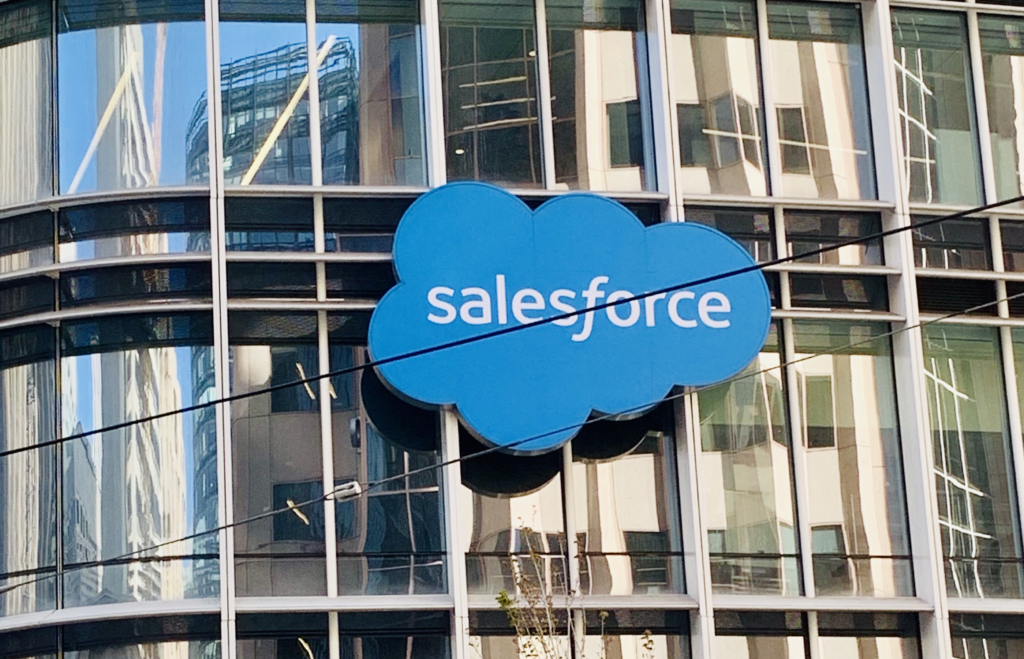Salesforce updated its Health Cloud product to concentrate on home health and automate healthcare provider workflows.
For seamless, individualized patient experiences, healthcare professionals require cutting-edge technology like real-time data, AI, and automation. In a news statement unveiling the new software capabilities, Salesforce officials claimed many healthcare firms aren’t meeting client expectations.
In an Accenture survey (PDF), over 80% of healthcare consumers reported difficulties navigating the treatment journey—both online and with customer support—as the main reason for quitting their provider. Salesforce revealed that healthcare firms prioritize efficiency and cost reduction (79%) during the next two years.
Clinicians might get a better patient image using the “patient relationship management tool” platform.
Salesforce announced its Health Cloud in 2015 to assist physicians manage patients using health data from EMRs, devices, and wearables. The platform was marketed as a “patient relationship management tool” to provide clinicians a more full patient picture.

Last year, the San Francisco business launched Customer 360 for Health, which integrates its healthcare offerings. Customer 360 for Health automates prior authorizations, intake, and patient scheduling with real-time data from Data Cloud, Einstein AI, and Flow.
Salesforce now automates home health patient intake and scheduling. The business says the new functionality helps clinical and nonclinical teams simplify intake operations, optimize scheduling and routing, and easily perform home visits while boosting cooperation.
Data Cloud for Healthcare allows healthcare and life sciences enterprises to link and activate clinical and nonclinical patient data from numerous sources—including EHR, social and behavioral data, and assessments—into a real-time patient profile.
Salesforce is also launching a patient contact center with a pre-configured agent console that accesses EHR data via MuleSoft Direct for Health Cloud.
FHIR-aligned interfaces for EHR data are available in MuleSoft Direct for Health Cloud. The business says a hospital’s nonclinical team may use these data to submit pre-authorization requests to speed up insurer approval for operations.

“Trusted, compliant technologies are needed to personalize and automate healthcare.” “Customer 360 for Health, Data Cloud, and Einstein AI use the full power of Salesforce to deliver faster time to value, helping any healthcare organization build more trusted patient relationships at a lower operational cost,” said Salesforce senior vice president and general manager, healthcare and life sciences, Amit Khanna.
Salesforce is adding healthcare cloud capabilities. The business added cloud-based remote patient monitoring and care coordination tools to its Health Cloud platform two years ago. The firm also has large healthcare ties with Humana.
According to Bon Secours Mercy Health, Salesforce’s CRM has improved patient experiences.
We place patients at the center of all we do, whether they utilize our digital front door, contact center, digital patient outreach activities, or visit us remotely. “Before Salesforce, we didn’t have a way to create a full and total 360-degree view of our patients and consumers, but now we’re able to personalize every aspect of their journey, including how we engage with them digitally to streamline access and personalize interactions,” said Morgan Griffith, Bon Secours Mercy Health’s chief product officer.
Over 1,200 healthcare facilities and initiatives including SQUARES, CARMA, and VA Health Connect are managed by the Veterans Health Administration (VHA), one of the biggest integrated healthcare systems in the U.S. The VHA stated it uses over 150 Salesforce apps to provide veterans with integrated care.

